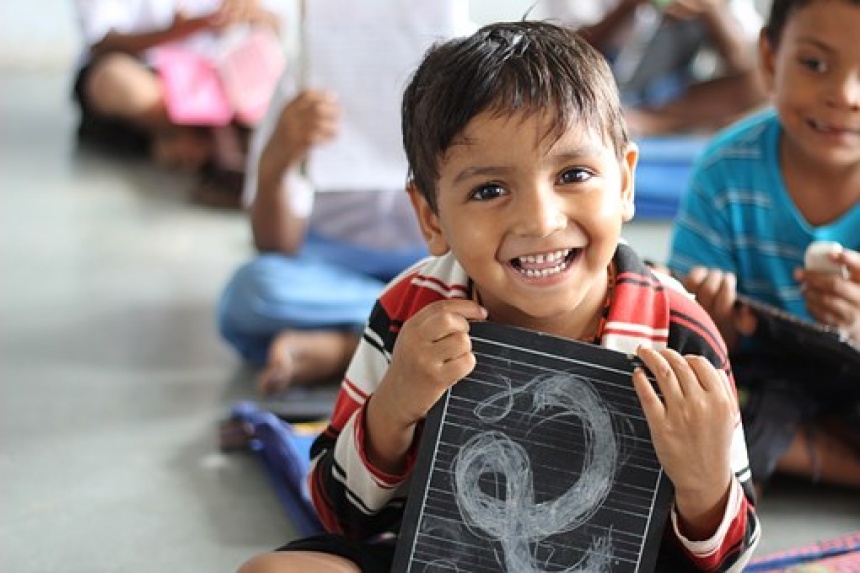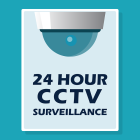Communication Gap with School
- 07 Mar, 2018
- Schools
COMMUNICATION GAP BETWEEN SCHOOLS AND PARENTS
It is widely believed that is of utmost importance that parents and schools,
The manner in which schools communicate and interact with parents affects the extent and quality of parents' home involvement with their children's learning.Parents also benefit from being involved in their children's education by getting ideas from school on how to help and support their children, and by learning more about the school's academic program and how it works. Parents develop a greater appreciation for the important role they play in their children's education.Substantial evidence exists showing that parent involvement benefits students, including raising their academic achievement. There are other advantages for children when parents become involved — namely, increased motivation for learning, improved
But these days there is a gap in such communication because of the busy schedule of not even the parents but schools and students as well. Teachers have so much pressure on them for handling the academics and other curriculums of students that they cannot provide adequate time to communicate with each and every student’s parents.
There needs to be regular and reliable communication and sharing of information between the school and child’s families. Schools must create an effective partnership by providing an open and communicative environment with its wider community, forming a link between the classroom and the home, and the school and the family.
Technology can play a vital role in bridging this gap. Parents need to be able to both receive information from and pass information to the school in a range of ways convenient to their circumstances. Schools and colleges have been harnessing the power of technology to open up a simple, effective channel of communication. Through various technology-enabled initiatives, contact can be established with parents, irrespective of location – so parents living apart, or even parents living abroad, can be kept up to date with their child’s progress or achievements. Example of this
Regular communication about the child’s individual development and achievements is a key component of successful partnership









